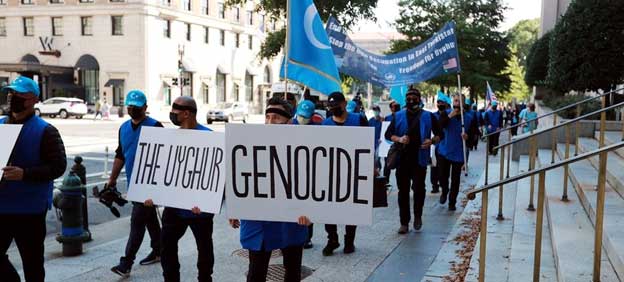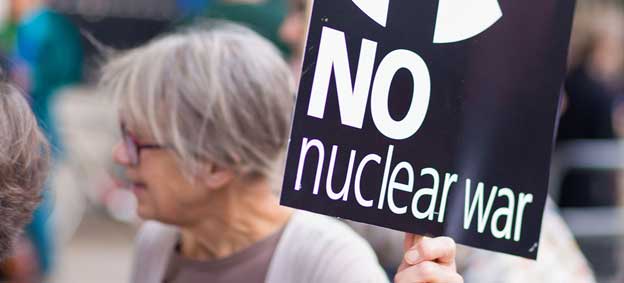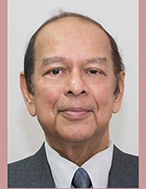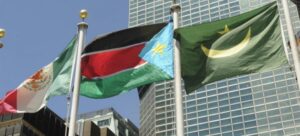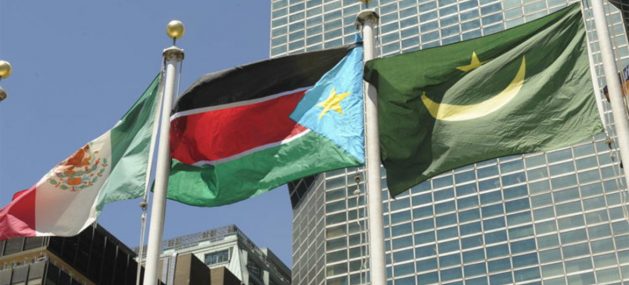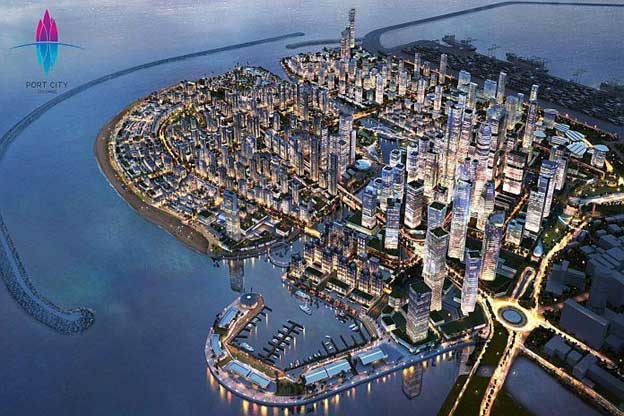
Civil Society, Economy & Trade, Global, Global Geopolitics, Global Governance, Headlines, TerraViva United Nations

Despite unprecedented challenges, 2022 also opened windows of opportunity to move the needle around critical anti-corruption issues, such as anti-money laundering, asset recovery, beneficial ownership, and renewable energy. Credit: Shutterstock.
– The G20 India Presidency is marked by unprecedented geopolitical, environmental, and economic crises. Rising inflation threatens to erase decades of economic development and push more people into poverty. Violent extremism is also on the rise as a result of increasing global inequality, and the rule of law is in decline everywhere. All of these challenges impact the G20’s goal of realizing a faster and more equitable post-pandemic economic recovery.
But as India prioritizes its agenda for 2023, it is corruption that is at the heart of all of these other problems- and which poses the greatest threat to worldwide peace and prosperity.
An Idea Whose Time Has Come
Despite unprecedented challenges, 2022 also opened windows of opportunity to move the needle around critical anti-corruption issues, such as anti-money laundering, asset recovery, beneficial ownership, and renewable energy. When global leaders meet during the G20 Indian Presidency , they must prioritize and build on this progress, rather than make new commitments around these issues that they then fail to implement.
According to the UN, an estimated 2-5% of global GDP, or up to $2 trillion, is laundered annually. Although the G20 has repeatedly committed to the Financial Action Task Force’s (FATF) anti-money laundering standards, member countries have been slow to implement policy reforms. In the wake of the Russian invasion of Ukraine and ineffective economic sanctions against Russian oligarchs, governments have started reexamining existing policy and institutional gaps, especially recognizing the role of Designated Non-Financial Businesses and Professions (DNFBPs), also known as “gatekeepers.”
G20 member countries are responding to concerns and criticisms from their national counterparts regarding failures to adopt FATF recommendations and clamp down on “dirty money.” Grappling with the need to be able to prosecute money-laundering cases and recover billions of dollars worth of frozen assets, they are also amending national laws to be able to do so.
Lack of beneficial ownership transparency is also aiding the flow of laundered money globally. The G20 recognizes beneficial ownership data as an effective instrument to fight financial crime and “protect the integrity and transparency of the global financial system.”
The Russian invasion helped drive home this message, especially among countries that are popular destinations for those buying luxury goods and assets. FATF’s amendment of its beneficial ownership recommendations in early 2022 was timely. Member countries are also introducing new reporting rules, and fast-tracking policies and processes to set up beneficial ownership registers. While there are still gaps in the proposed policies – as identified here– these are important first steps.
Similarly, the transition to renewable energy, initially raised as an environmental issue and then as a national security concern is increasingly gaining attention from a resource governance perspective. Given the scale of the potential investment, there is a need to tackle corruption in the energy sector to avoid potential pitfalls resulting from a lack of open and accountable systems as we transition to a net zero economy.
The cross-cutting nature of the industry means a wide range of issues– from procurement and conflict of interest in the public sector to beneficial ownership transparency- need to be considered. The global energy crisis and the Indonesian Presidency’s prioritization of the issue have helped build momentum around corruption in the renewable energy transition, and this focus must continue.
Calling on India
Corruption-related issues identified here are transnational in nature and have global implications, including for India. For instance, with money laundering cases rising in India, it cannot afford to regard it as a problem limited to safe havens like the UK or the US. The same is true for the lack of beneficial ownership transparency or corruption in the renewable energy transition, which fuels illicit financial networks in India and beyond, and which often transcend national borders.
Finally, corruption has a disproportionate impact on the global poor. Almost 10% of the global population lives in extreme poverty, many of whom live in countries such as India. The G20, under the Indian Presidency, provides a unique opportunity to ensure the voices of the most vulnerable are heard at the global level. By prioritizing the anti-corruption agenda and building on past priority issues and commitments, the Indian government can lead efforts to bridge the North-South divide.
Sanjeeta Pant is Programs and Learning Manager at Accountability Lab. Follow the Lab on Twitter @accountlab


